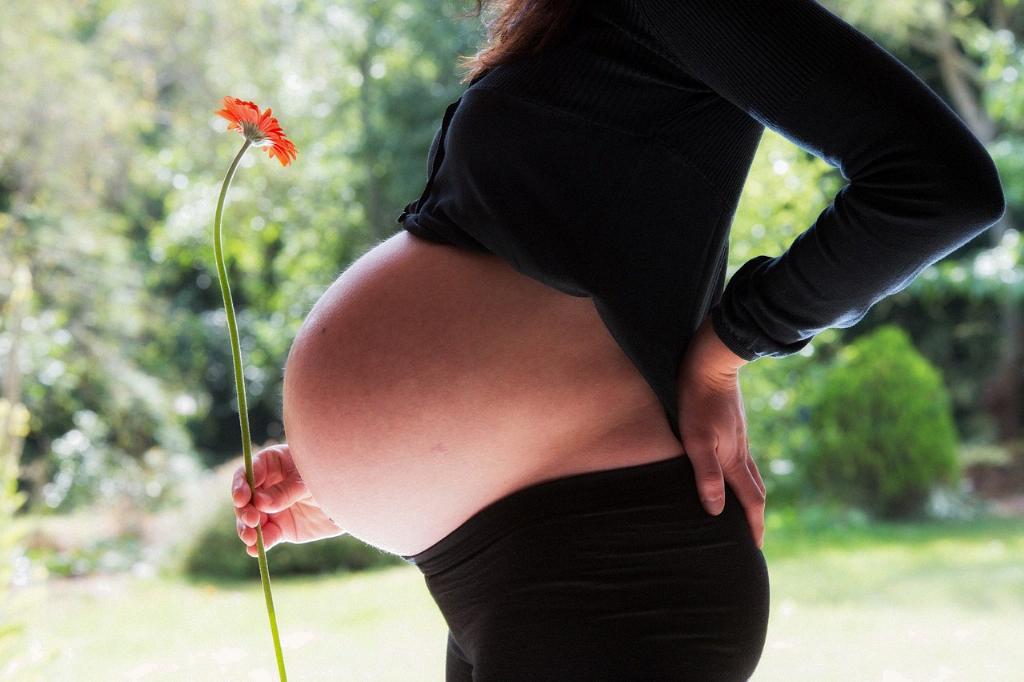A chemical pregnancy can be a distressing experience for many women who are trying to conceive. It refers to a very early miscarriage that occurs shortly after implantation, often before a missed period. The loss of the pregnancy can sometimes go unnoticed, leading to confusion about symptoms and menstrual cycle changes.
Recognizing the Signs of a Chemical Pregnancy
One of the common indicators of a chemical pregnancy is a positive pregnancy test followed by a sudden negative result. Some women might experience mild symptoms such as light spotting or cramping, while others may not notice any signs at all. The confusion often arises when a woman misses her period following a chemical pregnancy.
Impact on Menstrual Cycle
After a chemical pregnancy, it is not uncommon for a woman to experience a delayed or irregular period. The hormonal changes that occur during early pregnancy can sometimes disrupt the normal menstrual cycle, leading to variations in the timing and characteristics of the period. This can be a source of concern and anxiety for those who are trying to conceive.
Factors Influencing Menstrual Changes
Several factors can contribute to the alteration of the menstrual cycle after a chemical pregnancy. Emotional stress, physical changes in the body, and hormonal fluctuations are some common reasons why a woman might miss a period or experience delays in menstruation following a pregnancy loss.
Managing Expectations and Emotions
It is important for women who have gone through a chemical pregnancy to be gentle with themselves and allow for emotional healing. The process of grieving the loss of a pregnancy, even an early one, can have a significant impact on mental well-being. Seeking support from loved ones or a healthcare provider can be beneficial during this time.
Seeking Medical Advice
If a woman is concerned about the changes in her menstrual cycle following a chemical pregnancy, it is advisable to consult a healthcare provider for guidance. A medical professional can provide reassurance, conduct necessary tests, and offer advice on how to manage the physical and emotional aspects of post-pregnancy loss.
Health and Well-being Post Chemical Pregnancy
After experiencing a chemical pregnancy, focusing on self-care and overall health is paramount. Eating a balanced diet, staying physically active, and prioritizing mental wellness can aid in the recovery process. It is essential to listen to your body and give yourself the time and space needed to heal.
Support Networks and Communities
Connecting with others who have experienced similar pregnancy losses can be a source of comfort and understanding. Online support groups, counseling services, or local community resources can provide a platform for sharing stories, seeking advice, and feeling less alone in the journey towards healing.
Educating and Advocating for Awareness
Bringing awareness to the prevalence of chemical pregnancies and their impact on menstrual health is crucial. By sharing personal experiences, discussing challenges, and promoting open conversations about early pregnancy loss, we can help reduce stigma and provide support for individuals navigating this aspect of fertility.
Embracing the Process of Healing
Healing from a pregnancy loss, no matter how early, is a unique journey for every individual. It is essential to acknowledge your feelings, honor your experience, and allow yourself the time to grieve and recover. Each step towards healing is a step towards resilience and emotional well-being.
Conclusion: Navigating Menstrual Changes After a Chemical Pregnancy
In conclusion, it is not uncommon for women to experience alterations in their menstrual cycle following a chemical pregnancy. The emotional and physical impact of early pregnancy loss can manifest in various ways, including changes in period timing and flow. Seeking support, prioritizing self-care, and advocating for awareness are essential steps in navigating the complexities of post-pregnancy loss experiences.

